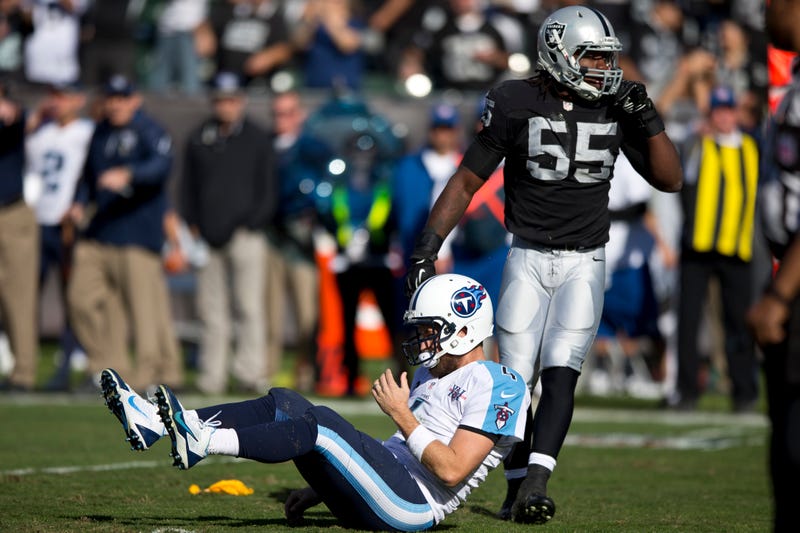



Thiel has fans who follow him in his peregrinations. Thiel also has side projects: Frisson, a now shuttered lounge and restaurant in San Francisco American Thunder, a short-lived conservative publication geared toward Nascar fans and the bankrolling of a lawsuit launched on behalf of the wrestler Hulk Hogan, which culminated in the 2016 bankruptcy of Gawker Media. He publishes long, winding essays on politics, globalization, economics, and the nature of humanity that often contain Biblical epigraphs and references to the philosophy of his late mentor and friend, the anthropological theorist René Girard. He served on Donald Trump’s transition team and, in an address before the Republican National Convention, declared, “I am proud to be gay.” He has invested in efforts to “cure” aging, and also in libertarian organizations that hope to create floating cities in international waters. In 2018, citing a regional intolerance of conservative perspectives, he moved from Silicon Valley to Los Angeles he recently purchased a mansion in Miami Beach.

But Thiel’s aura emanates not so much from these achievements as from a more general fish-out-of-water quality. He has co-written a business best-seller, “ Zero to One,” and launched a hedge fund he now runs three venture-capital firms. He went on to co-found Palantir, the data-intelligence company that has worked with the U.S. A billionaire several times over, Thiel was a co-founder of PayPal, the digital-payment service, and the first outside investor in Facebook. Still, Peter Thiel has cultivated a mystique. He also declared personal bankruptcy as a result of the Hogan case.Silicon Valley is not a milieu known for glamour and charisma. “I think in a lot of ways Gawker has helped to define the voice of the internet,” said Josh Benton, the director of the Nieman Journalism Lab at Harvard University, who said he’s been a daily reader “as long as there’s been a Gawker.”įor now, Denton does not plan on going to Univision. Gawker also became a breeding ground for journalists, some of whom went on to jobs at the sort of establishment media outposts Gawker itself frequently mocked. In more recent years it has also focused on politics and other major issues of the day. It became known for its snarky reportage and commentary on celebrities, popular culture and Silicon Valley. Gawker argued in the Hogan case that it was protected by the First Amendment.ĭenton, a former reporter for the Financial Times, launched Gawker in 2002. Thiel’s role paying for the litigation against Gawker raised fears about the power of wealthy people to go after publications they dislike.


 0 kommentar(er)
0 kommentar(er)
